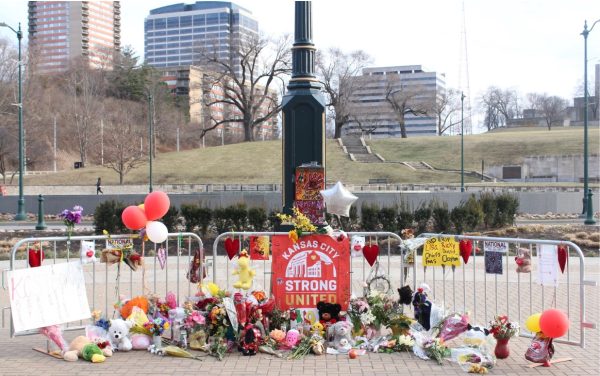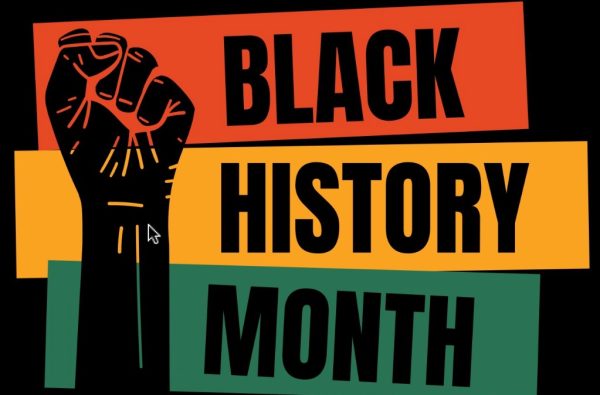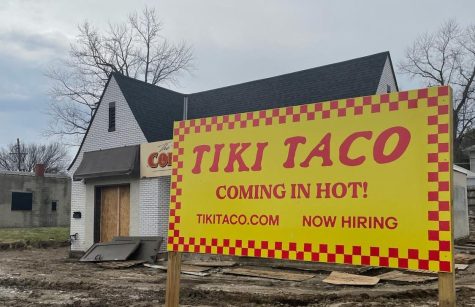Less Bean for Your Buck
November 6, 2015
Over the next decade, coffee consumption is expected to increase by over 40 million bags. However, the supply of coffee beans is not expected to grow at the same rate. The prices of coffee are expected to increase over the next few months and years.
Rockhurst University itself has two coffee shops, The Roasterie and Starbucks. In addition, coffee is available in the Thomas Moore Dining Hall and at Einstein’s Bagels. If students want to coffee off campus, they do not have to go far. In Kansas City there are over 100 shops scattered throughout the neighborhoods.
While they may know where their favorite coffee shop is, most don’t know the process of how the beans make it from the ground to the cup.
The Arabica bean is produced all over the world over to make coffee. Brazil is the largest producer of the bean. However there is a major shortage of the Arabica bean; Brazil is currently undergoing one of the worst droughts in their history.
This drought is not a recent event; it destroyed many of their crops last year, too. Minas Gerais, a southwestern state of Brazil was hit hard. It is a leading producer of the Arabica bean- they grow more than half of Brazil’s coffee. Due to this prices rose globally 50% over the year.
“Customers always choose the Arabica beans over anything else,” Kristina Hammerquist, a local coffee shop employee, said, “but it’s hard for the business because they are so expensive.”
The effect of the rise in prices are being felt by everyone. “It’s an epidemic,” Shelbey Welsh, Outtakes and Starbucks employee, said. Starbucks raised their prices anywhere from 5 to 20 cents per drink this year. While this change in price might not be noticeable in the short run, eventually all that pocket change does add up to pretty incredible amounts.
While the drought continues, prices are expected to increase again this coming year. Students might need to start looking for cheaper alternatives to the Arabica bean coffee.
“As an avid coffee consumer it is unfortunate [that prices are rising] because I am on a college budget.” Abby Bergman, sophomore, said. “It seems as if coffee prices are increasing more quickly than other beverages and exceeding normal inflation rates.”
One alternative is using a different type of bean- the Robusta bean. It grows more quickly than Arabica beans, and can be produced in harsher weather and soil conditions. It is grown all over the world, including in Brazil, and it has endured through the drought, so it ends up being cheaper in most cases.
However, this bean has a much more bitter taste and is twice as caffeinated.
Coffee shops are going to have to prepare, and students now have a decision to make: skip out on coffee altogether? Or just buy it less frequently?









